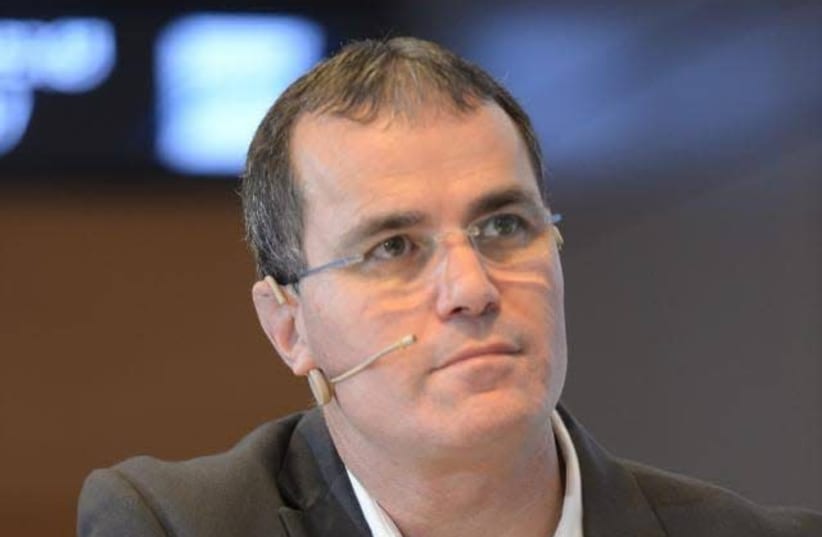Repeat elections bring ‘real fear of economic paralysis,’ to cost NIS 2b.
The association estimates that repeat elections will cost the economy as much as NIS 2 billion, also highlighting the economic impact resulting from another paid national holiday on Election Day.

